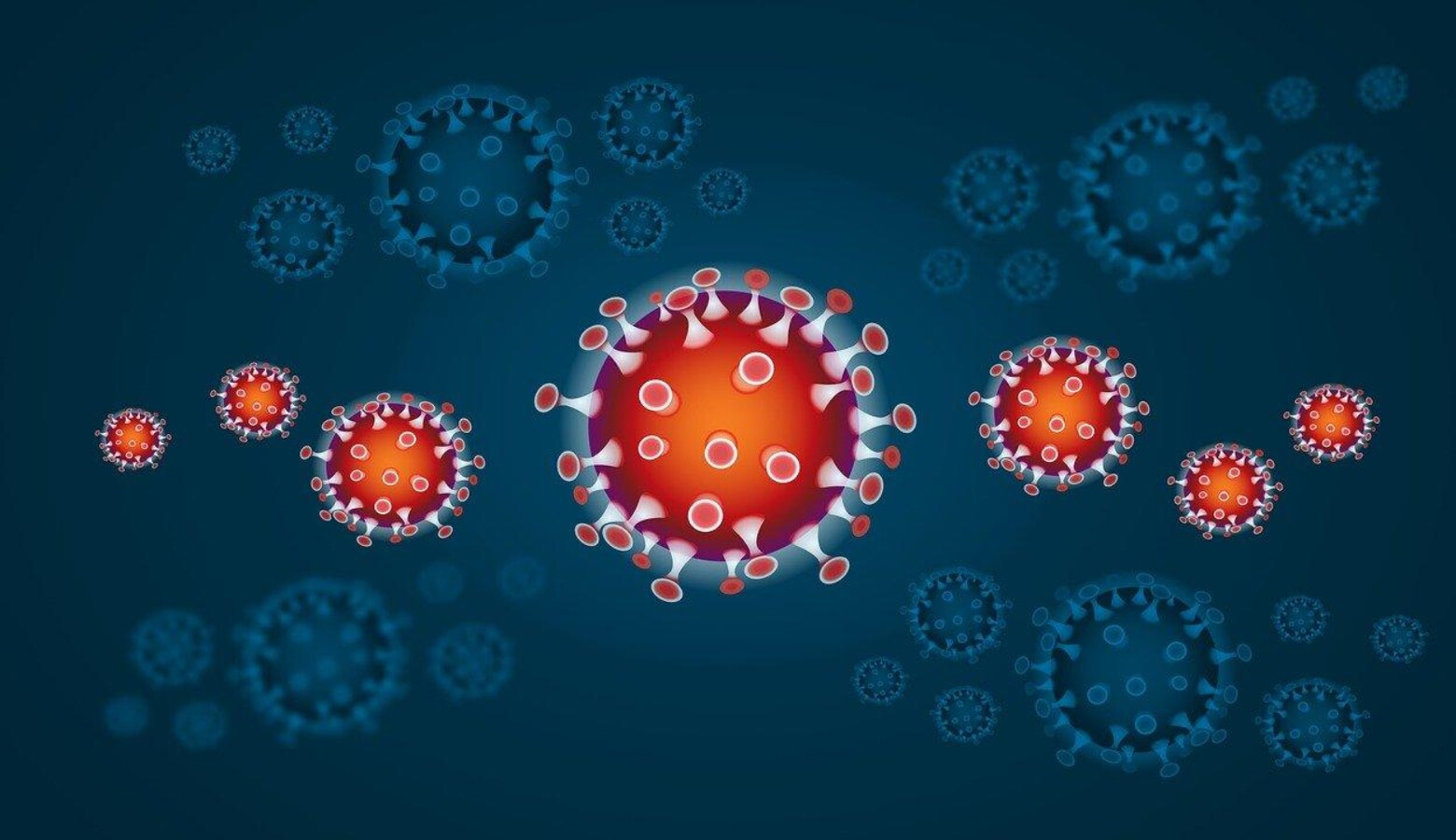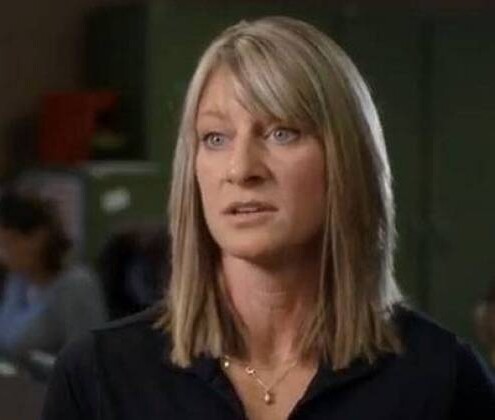Madison Co. Health Dept.: Many Questions, Local Decisions To Make On Coronavirus

When something like the coronavirus breaks out worldwide, there are many moving parts to a response. The most local is, well, local, like county health departments and taskforces. Stephenie Grimes heads the health department in Madison County. She says a taskforce in her community is making decisions based on what’s best for their specific needs. IPR’s Stephanie Wiechmann sat down to talk with her.
Stephanie Wiechmann: As we’re sitting and talking, Madison County doesn’t have any cases of coronavirus. But once a person is tested for coronavirus, where does that test go?
Stephenie Grimes: Well, actually, because they’ve added commercial labs Quest [Diagnostics] and LabCorp, they’re offered more opportunities for people to be tested. And the way that works is the provider, their doctor, has to order the test for them. Depending on that patient, maybe their travel history and symptoms and that sort of thing, they will decide if it needs to go to the state or if it can go to LabCorp or Quest.
SW: The doctor ordering the test – is that about why, according to the state, only 43 people have been tested for COVID-19 so far?
SG: I think so yes, but the commercial labs were just recently added in the past couple of days. And, so, as I look at the dashboard on the state site, I’ve actually had the same question in terms of when it says “Total tested by ISDH [Indiana State Department of Health] – 43.” It’s my interpretation that’s how many the state lab has tested.
SW: So you think that maybe those tested by the commercial labs aren’t being included in that in that number?
SG: I agree. Yes, that’s what I think
SW: On a nationwide scale, there aren’t as many tests as people who want to be tested. What does it look like here in Indiana?
SG: We were allotted 900. I don’t know if the state shared some of their 900 with those labs, or if more test kits came in specifically for the labs, and the state still has that initial number there. I’m not quite sure how that’s all working, because that has not been communicated to us just yet.
Read More: NPR Special Coverage on Coronavirus
Listen to More: All IN Indiana Talks Coronavirus
SW: What do you have control over as a county health department?
SG: We are largely focused on public information, media, and education. The other thing that we would be doing, I guess, behind the scenes is when we have a case and that contact tracing or that case investigation begins. The Health Department itself will really ramp up and put personnel in charge of tracking down those people and notifications and that sort of thing. And we have had several community stakeholders call the health department and ask recommendations. Which we provide guidance, whether it’s CDC guidance, ISDH, or just best practices.
SW: What questions are you seeing asked most often?
SG: “If there’s a case, will school shut down? At what point should our office be closed? At what point should we scale back operations?” Those are questions I’m hearing now, which is really different dialogue than it was Monday.
SW: Was Monday, basically, just basic prevention questions?
SG: Yeah. And testing questions.
SW: Has there been any state recommendations or even local recommendations through you about, you know, when someplace should close or how many people should meet in a group?
SG: No, nothing, nothing that tangible. We local health departments communicate, have a WebEx [online conference call] with ISDH every Tuesday. And what we heard Tuesday, just specifically in regard to schools – should a school have a case, we are welcome to call the State Department of Health and talk through our options.
SW: That’s pretty vague.
SG: Yeah. We had our [local community] taskforce meeting on Tuesday, and it was – I feel like it was a really great meeting. It was a great moment for our county, because we’re going to take a deep breath and this is how we’re going to move forward together as a community.
SW: Stephenie Grimes is the administrator for the Madison County Health Department. Stephenie, thank you very much.
SG: I always like to end any conversation I have about this with empowerment and prevention messages – which is wash your hands, stay home if you’re sick, cover your cough. Thank you!

